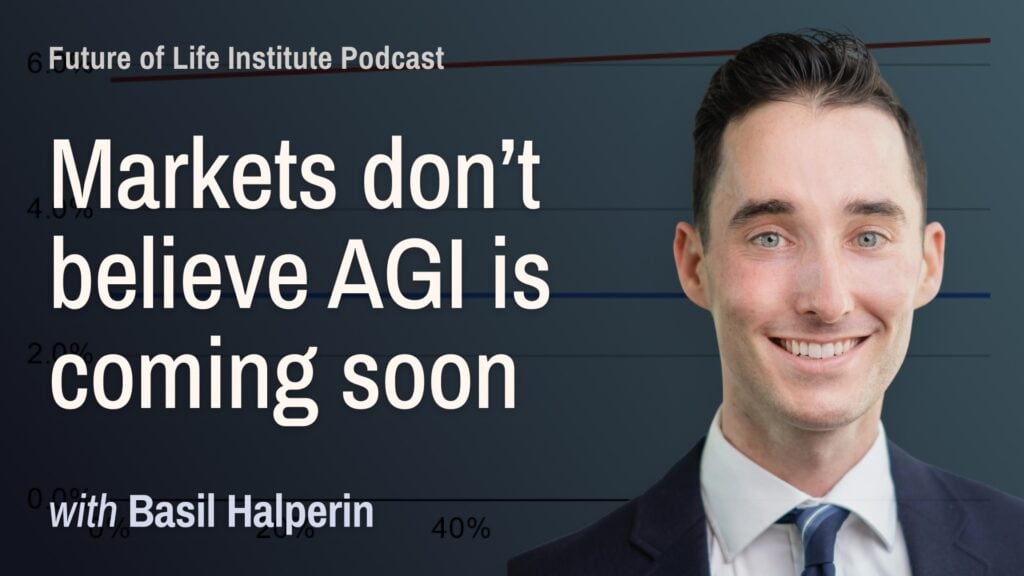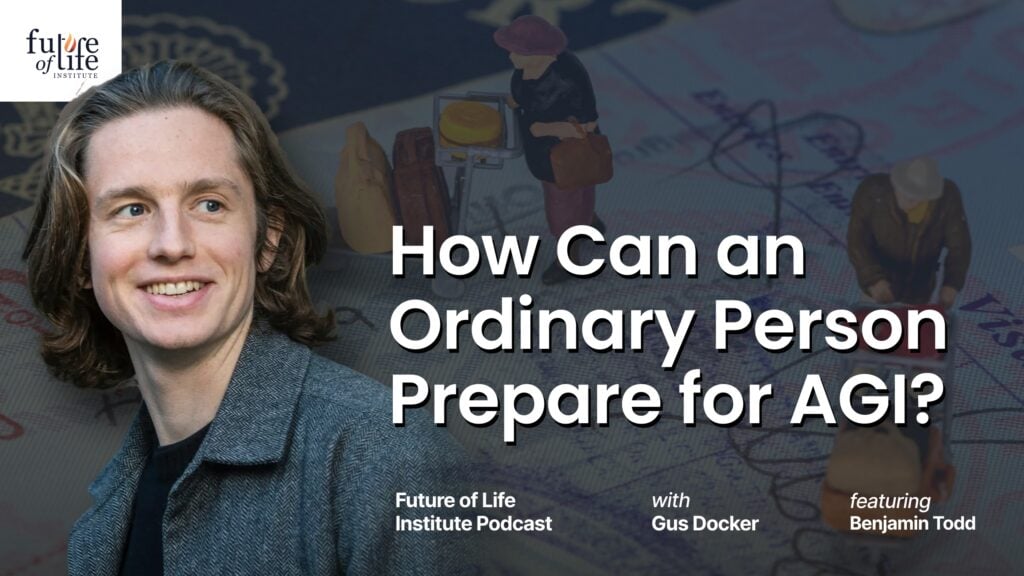How Smart Can AI Get?

Contents
Click here to see this page in other languages : Chinese ![]() Russian
Russian ![]()
Capability Caution Principle: There being no consensus, we should avoid strong assumptions regarding upper limits on future AI capabilities.
A major change is coming, over unknown timescales but across every segment of society, and the people playing a part in that transition have a huge responsibility and opportunity to shape it for the best. What will trigger this change? Artificial intelligence.
The 23 Asilomar AI Principles offer a framework to help artificial intelligence benefit as many people as possible. But, as AI expert Toby Walsh said of the Principles, “Of course, it’s just a start. … a work in progress.” The Principles represent the beginning of a conversation, and now we need to follow up with broad discussion about each individual principle. You can read the weekly discussions about previous principles here.
Capability Caution
One of the greatest questions facing AI researchers is: just how smart and capable can artificial intelligence become?
In recent years, the development of AI has accelerated in leaps and bounds. DeepMind’s AlphaGo surpassed human performance in the challenging, intricate game of Go, and the company has created AI that can quickly learn to play Atari video games with much greater prowess than a person. We’ve also seen breakthroughs and progress in language translation, self-driving vehicles, and even the creation of new medicinal molecules.
But how much more advanced can AI become? Will it continue to excel only in narrow tasks, or will it develop broader learning skills that will allow a single AI to outperform a human in most tasks? How do we prepare for an AI more intelligent than we can imagine?
Some experts think human-level or even super-human AI could be developed in a matter of a couple decades, while some don’t think anyone will ever accomplish this feat. The Capability Caution Principle argues that, until we have concrete evidence to confirm what an AI can someday achieve, it’s safer to assume that there are no upper limits – that is, for now, anything is possible and we need to plan accordingly.
Expert Opinion
The Capability Caution Principle drew both consensus and disagreement from the experts. While everyone I interviewed generally agreed that we shouldn’t assume upper limits for AI, their reasoning varied and some raised concerns.
Stefano Ermon, an assistant professor at Stanford and Roman Yampolskiy, an associate professor at the University of Louisville, both took a better-safe-than-sorry approach.
Ermon turned to history as a reminder of how difficult future predictions are. He explained, “It’s always hard to predict the future. … Think about what people were imagining a hundred years ago, about what the future would look like. … I think it would’ve been very hard for them to imagine what we have today. I think we should take a similar, very cautious view, about making predictions about the future. If it’s extremely hard, then it’s better to play it safe.”
Yampolskiy considered current tech safety policies, saying, “In many areas of computer science such as complexity or cryptography the default assumption is that we deal with the worst case scenario. Similarly, in AI Safety we should assume that AI will become maximally capable and prepare accordingly. If we are wrong we will still be in great shape.”
Dan Weld, a professor at the University of Washington, said of the principle, “I agree! As a scientist, I’m against making strong or unjustified assumptions about anything, so of course I agree.”
But though he agreed with the basic idea behind the principle, Weld also had reservations. “This principle bothers me,” Weld explained, “… because it seems to be implicitly saying that there is an immediate danger that AI is going to become superhumanly, generally intelligent very soon, and we need to worry about this issue. This assertion … concerns me because I think it’s a distraction from what are likely to be much bigger, more important, more near-term, potentially devastating problems. I’m much more worried about job loss and the need for some kind of guaranteed health-care, education and basic income than I am about Skynet. And I’m much more worried about some terrorist taking an AI system and trying to program it to kill all Americans than I am about an AI system suddenly waking up and deciding that it should do that on its own.”
Looking at the problem from a different perspective, Guruduth Banavar, the Vice President of IBM Research, worries that placing upper bounds on AI capabilities could limit the beneficial possibilities. Banavar explained, “The general idea is that intelligence, as we understand it today, is ultimately the ability to process information from all possible sources and to use that to predict the future and to adapt to the future. It is entirely in the realm of possibility that machines can do that. … I do think we should avoid assumptions of upper limits on machine intelligence because I don’t want artificial limits on how advanced AI can be.”
IBM research scientist Francesca Rossi considered this principle from yet another perspective, suggesting that AI is necessary for humanity to reach our full capabilities, where we also don’t want to assume upper limits.
“I personally am for building AI systems that augment human intelligence instead of replacing human intelligence,” said Rossi, “And I think that in that space of augmenting human intelligence there really is a huge potential for AI in making the personal and professional lives of everybody much better. I don’t think that there are upper limits of the future AI capabilities in that respect. I think more and more AI systems together with humans will enhance our kind of intelligence, which is complementary to the kind of intelligence that machines have, and will help us make better decisions, and live better, and solve problems that we don’t know how to solve right now. I don’t see any upper limit to that.”
What do you think?
Is there an upper limit to artificial intelligence? Is there an upper limit to what we can achieve with AI? How long will it take to achieve increasing levels of advanced AI? How do we plan for the future with such uncertainties? How can society as a whole address these questions? What other questions should we be asking about AI capabilities?
About the Future of Life Institute
The Future of Life Institute (FLI) is a global think tank with a team of 20+ full-time staff operating across the US and Europe. FLI has been working to steer the development of transformative technologies towards benefitting life and away from extreme large-scale risks since its founding in 2014. Find out more about our mission or explore our work.
Related content
Other posts about AI, AI Safety Principles, Recent News

The U.S. Public Wants Regulation (or Prohibition) of Expert‑Level and Superhuman AI



